How Remote Work Expands Your Homebuying Horizons

Even as some companies transition back into the office, remote work remains a popular choice for many professionals. So, if you currently enjoy working from home or hope to be able to soon, you’re not alone. According to a recent survey, most working professionals want to work either fully remote or hybrid (see below):
This trend is good news if you’re looking to buy a home because a remote or hybrid work setup can help you overcome some of today’s affordability and housing inventory challenges.
More Work Flexibility Equals More Home Options
Remote or hybrid work opens up a world of opportunities. That’s because it allows you to broaden your search for your next home since you’re no longer limited to living close to your workplace. With the freedom to work from anywhere, you can explore more affordable areas that may be located farther away from bustling city centers or your office. This flexibility can be a game changer while higher mortgage rates are making it difficult for some homebuyers to afford a home.
An article from the New York Times (NYT) highlights how remote work can greatly assist you in overcoming that challenge:
“. . . take advantage of the opportunity remote work has presented to move to more affordable communities (either farther out in the suburbs, or in another part of the country).”
And, since the supply of homes for sale is still so low, another key challenge for you today may be finding something with all of the features you want and need. Because remote work allows you to broaden your search radius to include additional areas, you may actually have less trouble finding a home with the features you want the most because you’ll have a bigger pool of options to pick from.
Working remotely gives you the flexibility to find an affordable home with the features you want. In other words, you have a better chance of getting what you need without blowing your budget.
Bottom Line
Working remotely not only gives you more flexibility in your job but also presents a great chance to broaden your search for a home. Since you’re not limited to a specific location, you have the opportunity to explore more options. Connect with a local real estate agent to discuss how this can expand your choices and help you find the perfect home.





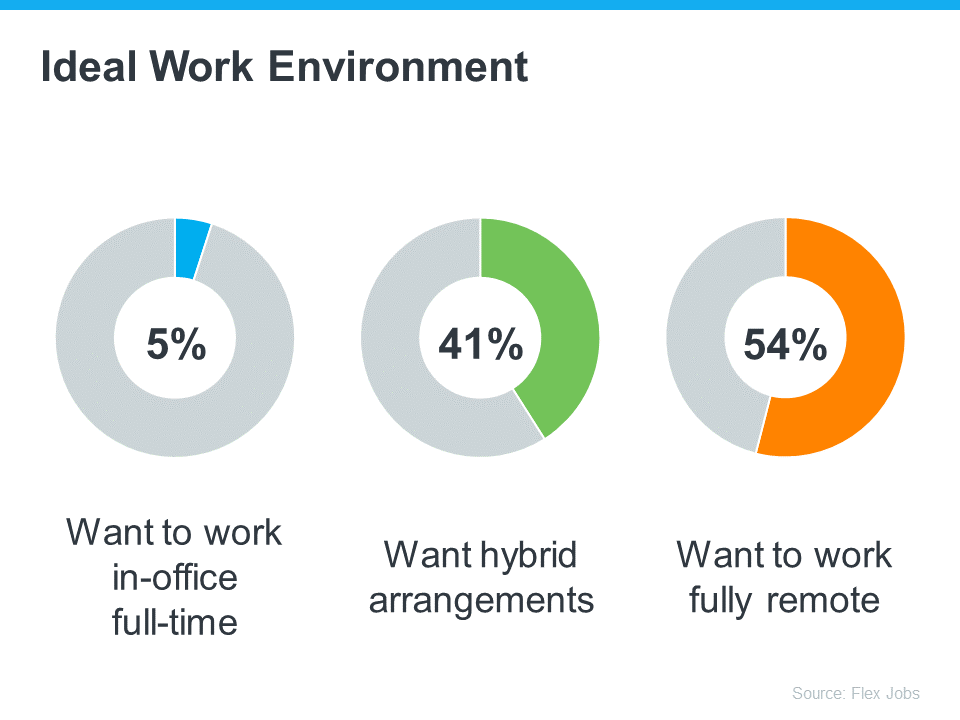


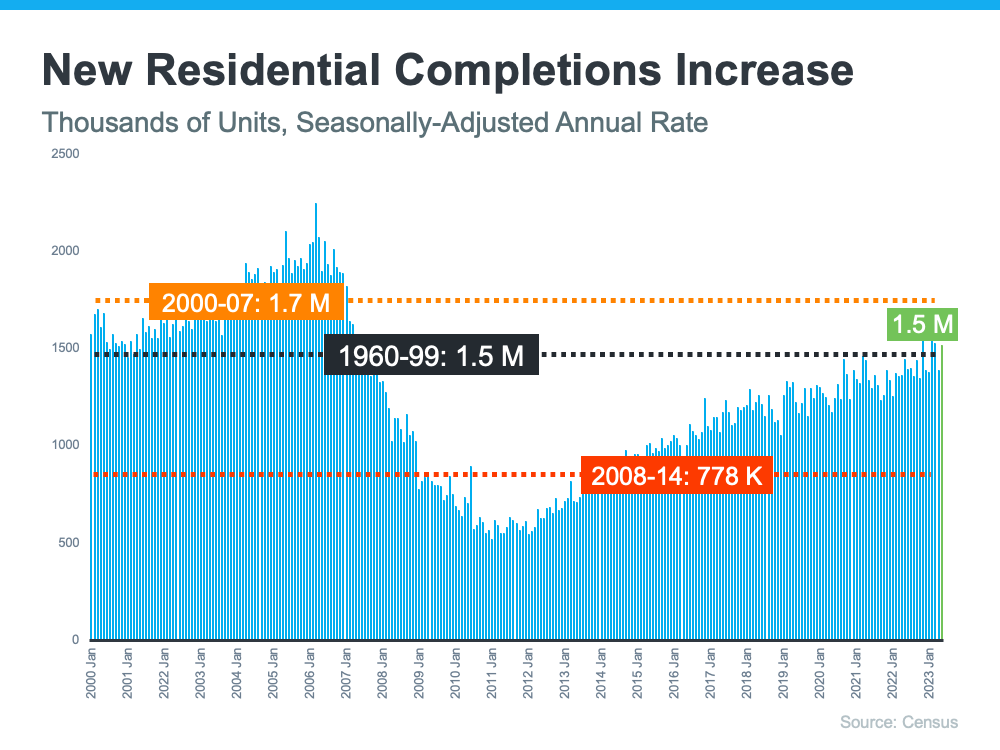

![The Benefits of Downsizing for Homeowners [INFOGRAPHIC] Simplifying The Market](https://files.keepingcurrentmatters.com/content/images/20230706/The-Benefits-of-Downsizing-for-Homeowners-KCM-Share.png)
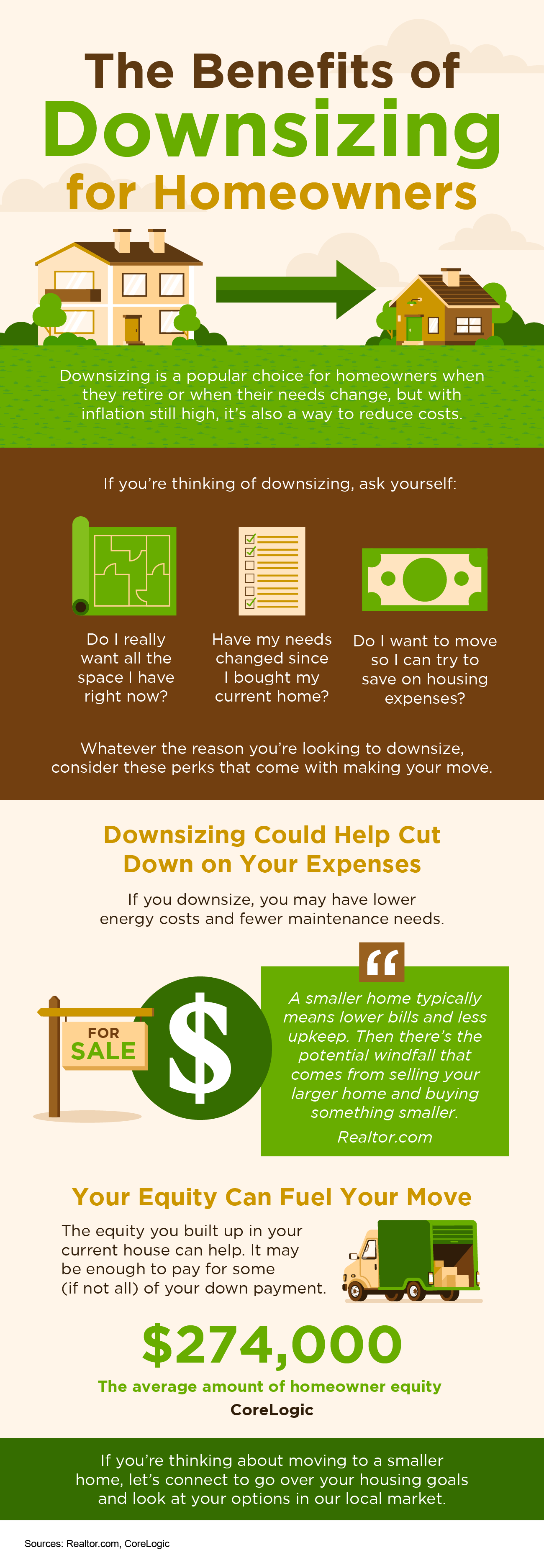

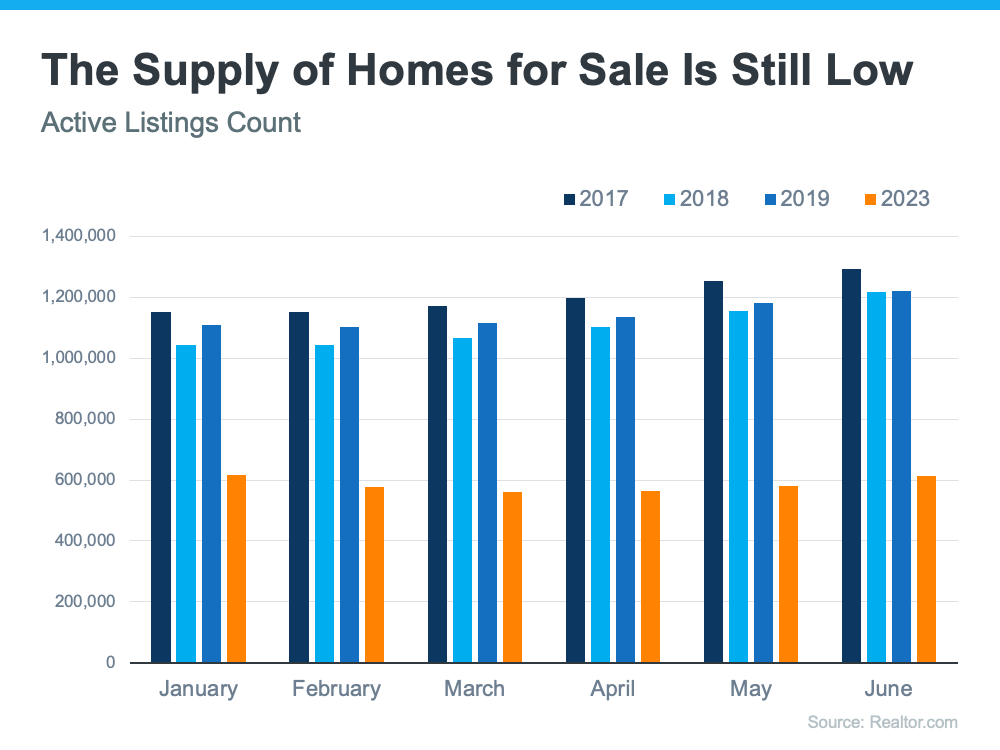

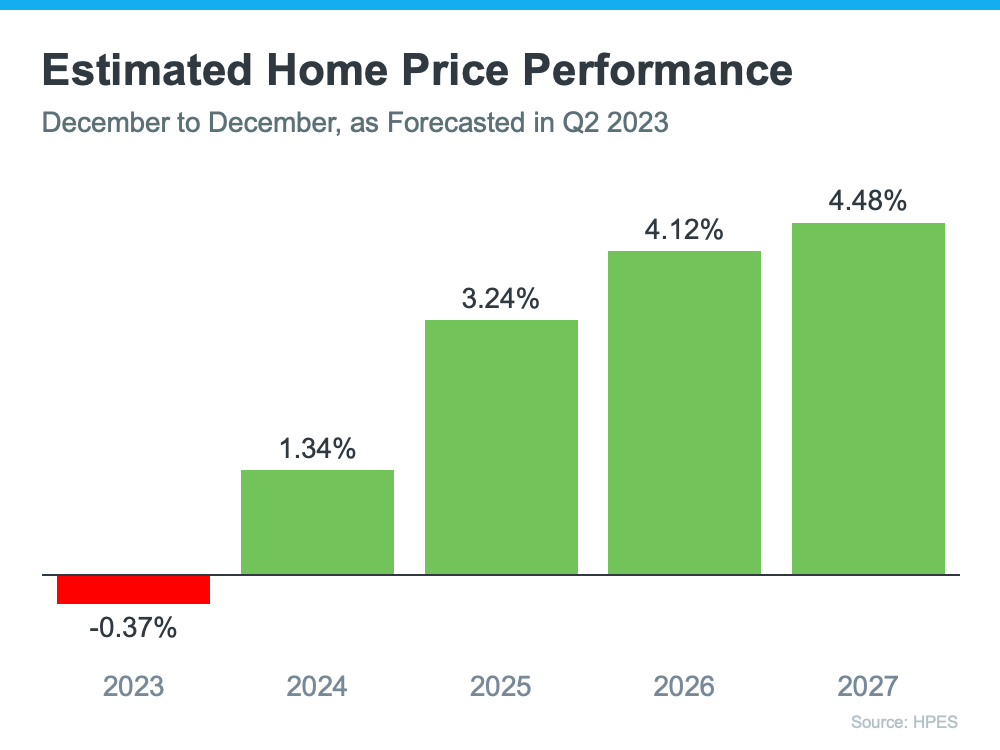
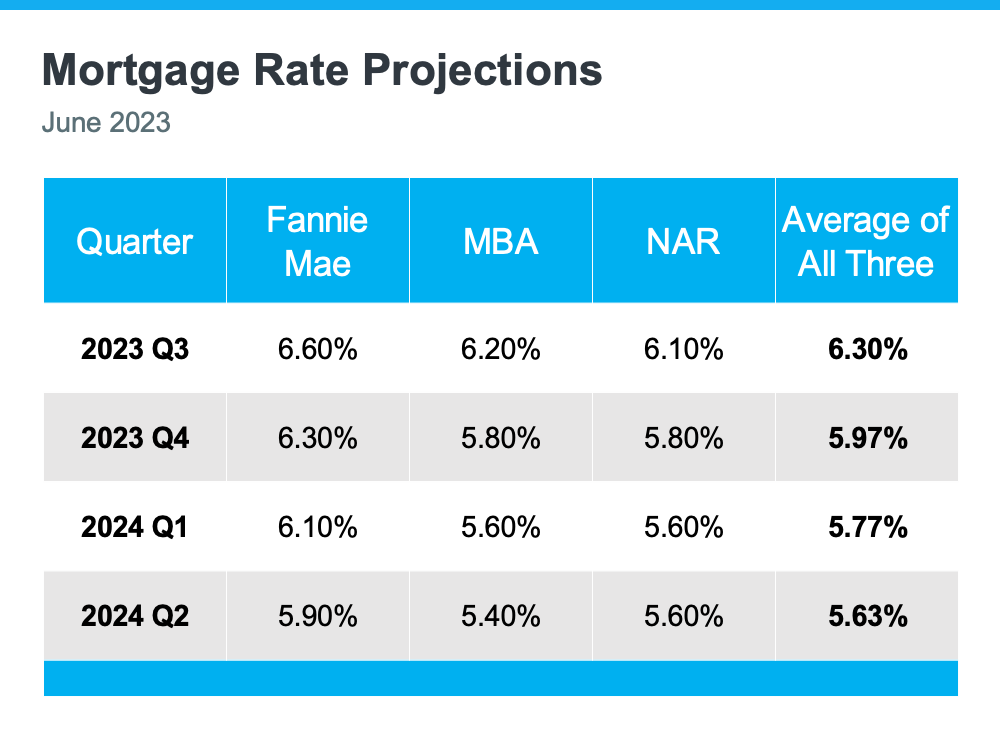

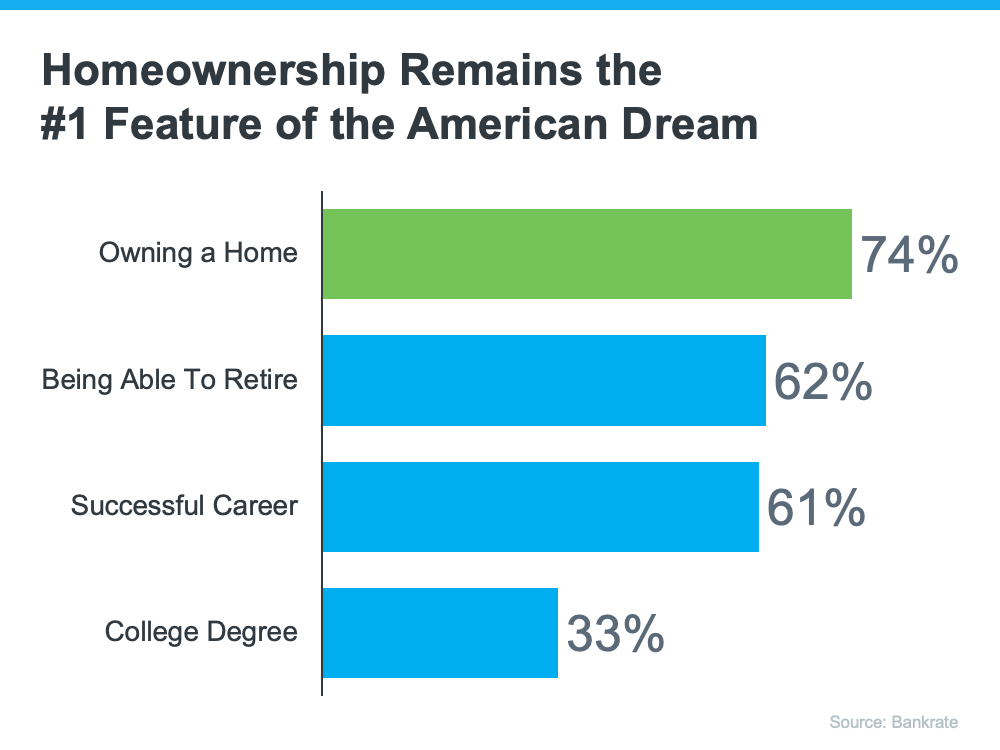

![Key Reasons To Use a Real Estate Agent When You Sell [INFOGRAPHIC] Simplifying The Market](https://files.keepingcurrentmatters.com/content/images/20230629/Key-Reasons-To-Use-a-Real-Estate-Agent-When-You-Sell-KCM.png)
